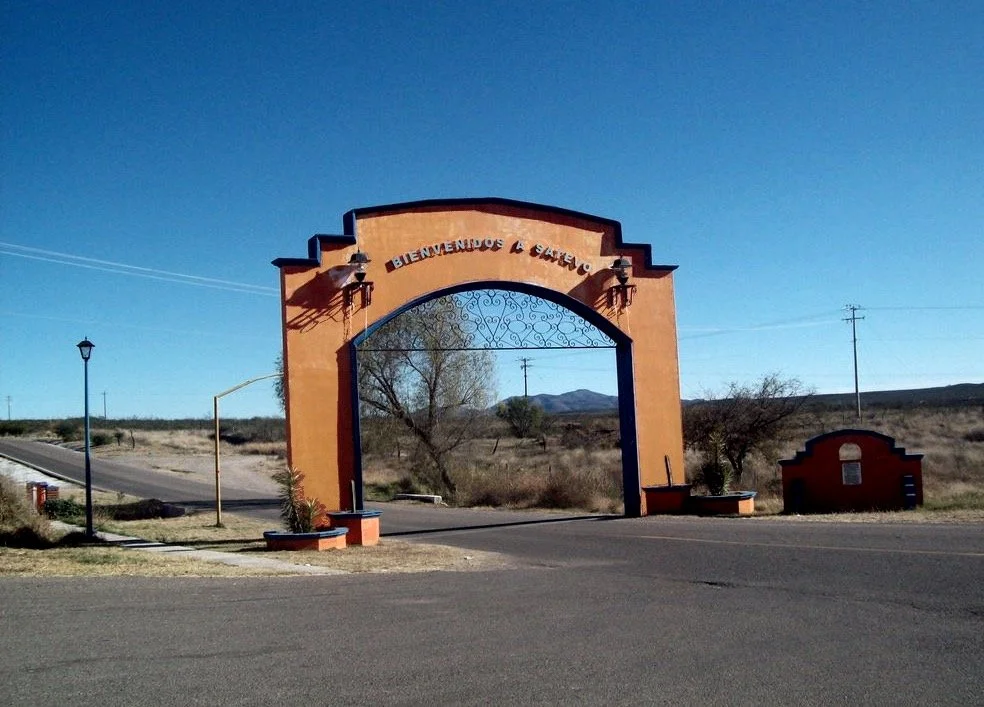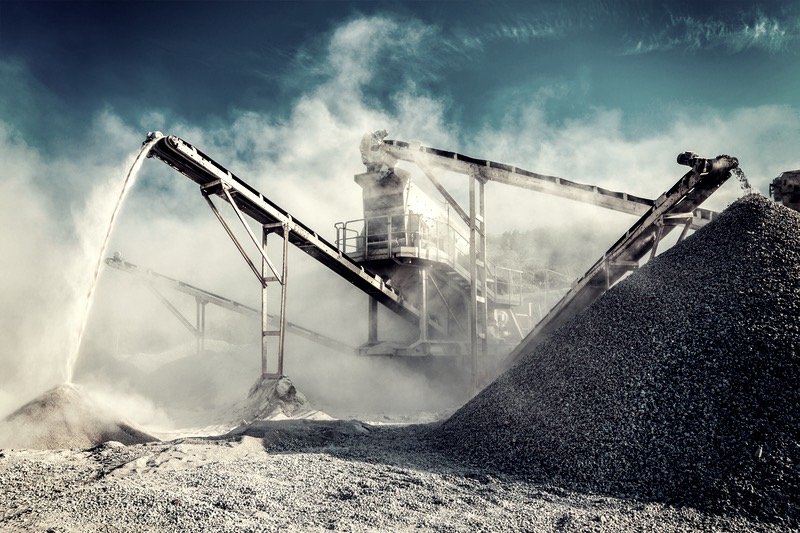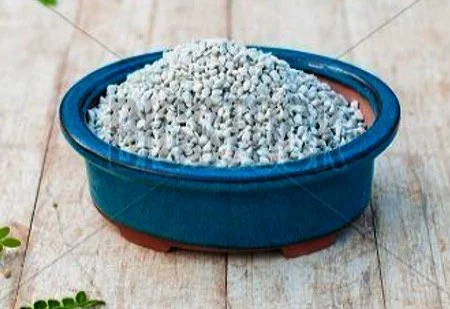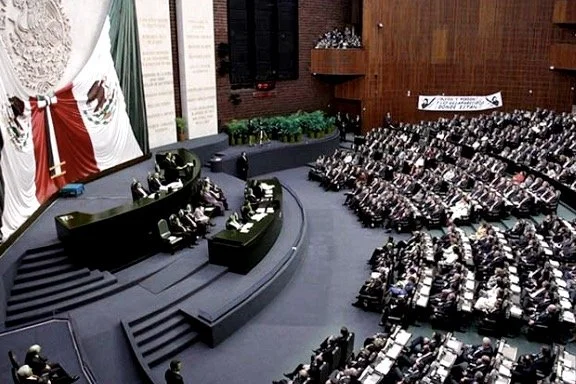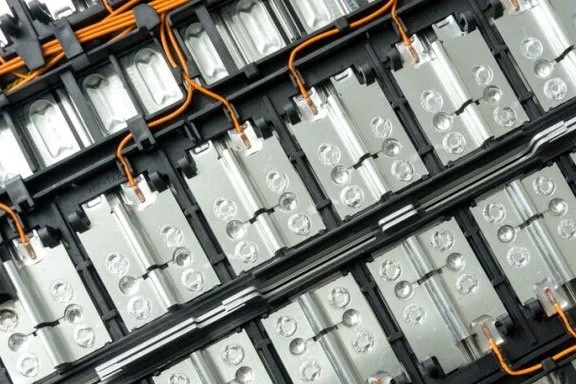Chihuahua, Mexico
Prospective for lithium and zeolite clay
In January 2021 PetroSun exercised the right to purchase two properties (referred to as San Judas I and San Judas II) in the Mexican state of Chihuahua which have been designated as mining concessions by Mexican federal mining regulators.
The properties were acquired via our subsidiary, Teche Mining, LLC, and Mexican subsidiary, Compañía Minera La Meseta.
Based on favorable test results, PetroSun executed additional option agreements to purchase four properties (referred to as Grupo Poker) contiguous to San Judas I and II within the same zeolite belt. PetroSun also acquired nearby acreage (referred to as Rancho Refflor) to support mining operations.
The four new concessions should substantially increase Compania Minera La Meseta's zeolite clay reserves and are projected to contain commercial concentrations of lithium and other minerals.
Analysis
PetroSun has conducted a geological assessment to obtain a commercial feasibility report of its San Judas concessions. An extensive drilling-core program tested the lithium concentrations from the surface to 150 feet. Analysis from this study is listed in the table below.
Acres
The San Judas and Grupo Poker concessions are located in the Mexican state of Chihuahua near the town of Satevo, approximately 250 miles south of El Paso, Texas.
Prospective Acres. 3218
Primary. Lithium
Secondary. Zeolite Clay
Concentrations. 1,763 ppm lithium
136,444,240 tons of Clay Deposits
San Judas I. 395
San Judas II. 244
Grupo Poker. 2579
Rancho Refflor. 763
Total. 3981
Development
PetroSun intendes to utilize novel processing technologies to extract and purify lithium concentrations contained within the zeolite clays. These manufacturing and processing methods represent the culmination of years of investment in leading-edge technologies.
Lithium Processing
Teche Mining will provide the processing technology for the project and is expected to extract lithium from raw ore using its patented and exclusively licensed lithium separation technologies which operate at lower cost and with less water than comparable processes.
Zeolite Resources
Zeolite is utilized as a slow-release carrier of fertilizer, soil buffering and aerating agent in soil, improving the uptake of nutrients and thereby resulting in higher yields. It also has applications as a trap for heavy metals in soils, and can be used as a natural cleansing agent in cosmetics.
Commercialization
PetroSun has held discussions with several parties, including a major US auto manufacturer, to enter into lithium offtake agreements in advance of start-up operations and processing. Bulk marketing of zeolite efforts will initially be focused on the agricultural sector.
Development
Mexico's Congress has enacted constitutional amendments that have sought to reform the country's electrical power industry and create a new, state-sponsored national lithium company. PetroSun intends to proceed with further development once it has clarified the implications of these new laws.
Supply Gap
A lack of investment combined with archaic extraction processes (mostly brine pools in areas with limited water supply) has resulted in lithium supply struggling to catch up with rising demand. From 2021 to 2022 the price of lithium increased by 450%. Demand over the next decade is expected to grow five-fold.
Lithium is key to transitioning energy sources to the grid that previously relied on combustion.
Lithium's unique combination of attributes makes it a widely sought after commodity for battery production. Massive growth in EVs (electric vehicles) will undoubtedly spur commensurate growth in lithium demand.

